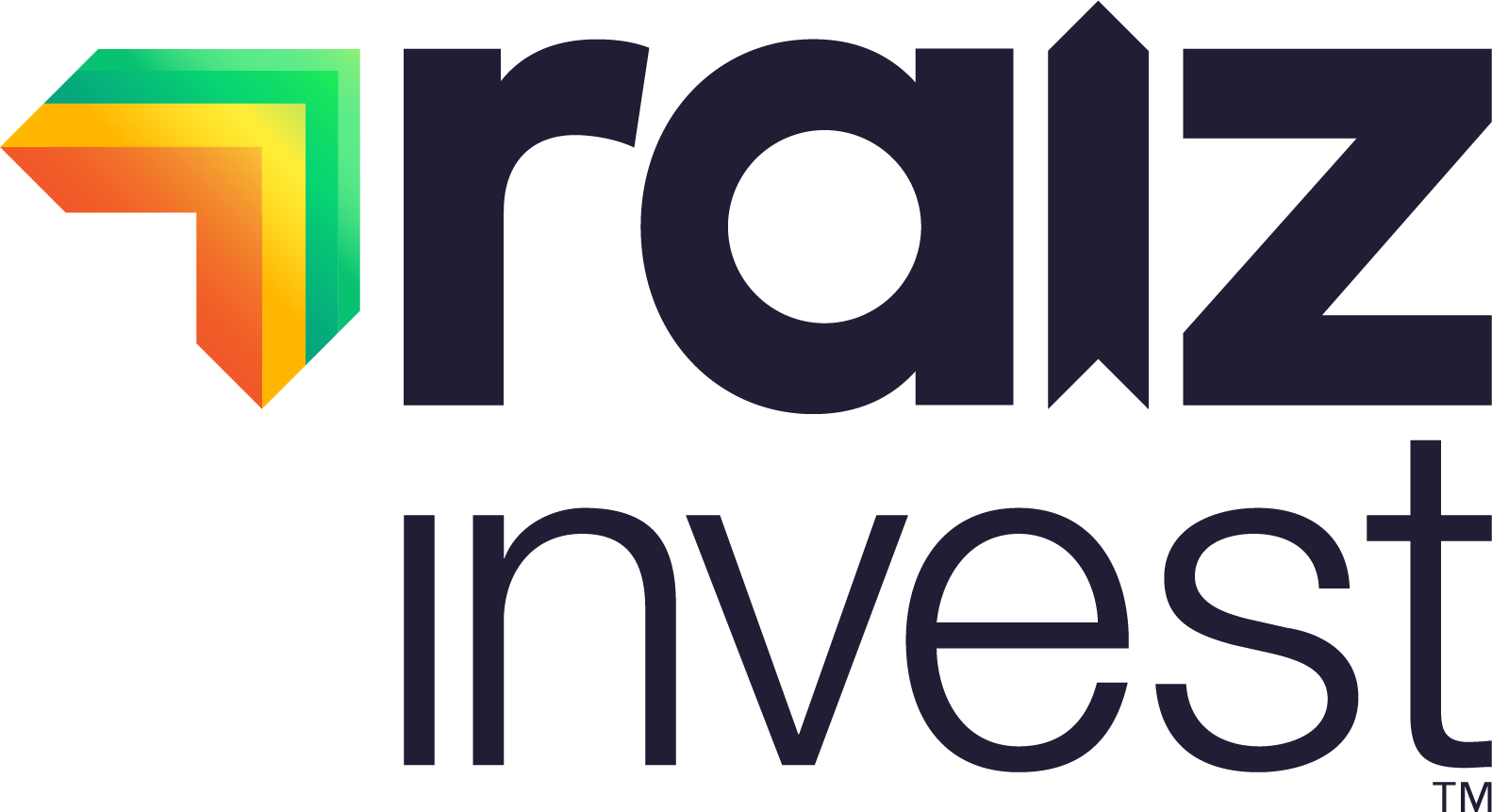Parents at the forefront of money management mishaps in children

Australian parents are confident in their ability to teach kids how to save for the future, but their teachings are largely focused on spend management tactics rather than savings habits, according to our new research.
We found that an overwhelming majority of parents (80 per cent) are confident in their ability to impart financial literacy. However,we also found that more than half (54 per cent) primarily focused on restricting spend, while 3 out of 5 parents say they would not be confident in teaching children how to invest in shares.
The survey of 1,000 Australians, that we commissioned to explore financial literacy and education, found gaps in how Aussies parents approach educating their children around savings and investment – and how they learned those approaches.
Reviews are mixed when it comes to instilling good financial habits
Despite parents’ self-reported confidence, respondents are less sure about the financial education they received from their own parents.
While approximately one in four (28 per cent) say they feel adequately educated by their parents on managing finances, almost the same proportion (25 per cent) say they received little to no education from their parents regarding personal finances. And 43 per cent say they feel their parents could have done more to teach them good financial habits.
There may be disparities in how we educate boys and girls, too. Sons are eight per cent more likely to report being taught money management compared to daughters (78 per cent to 70 per cent).
Lessons tend to focus on spend management
More than half of Australian parents (54 per cent) encourage their children to save their pocket money for purchases they want. While this helps to instill appreciation for savings, the concept is built on purchases and therefore may not build good financial habits in children.
It’s common for Australians to focus on expenditures, which are important. But investing and finding the best rates for their savings are also important. Many consumers are unaware of the interest rate they’re earning on their bank savings, and they often lack practical tools for investing.
The end result is that too many Australians are unaware of the best options for protecting and growing their income.
Beyond advice: how parents set examples
It’s not just Aussies reporting gaps in how they’re taught personal financial management – our research found a few key gaps in parents’ habits that might result in a lack of examples for kids.
For instance, while 71 per cent of parents say they do try and save toward their children’s future, only 27 per cent of those surveyed had a regular savings plan for their children. Further, only one in six say they have a strict savings plan for themselves and limit their spending according to a set budget.
Signs of a growing emphasis on financial literacy
While not every Australian feels they were taught enough about personal finances, there are some signs that financial education may be a growing priority. Those younger than 35 are significantly more likely to report having specific conversations with their parents about managing their finances (46 per cent versus 29 per cent).
Most Australians say parents are responsible for educating children in financial matters (three out of five), but they still want schools to take a bigger role: a large majority (75 per cent) believe schools aren’t doing enough to equip students with the financial skills they’ll need as an adult.
Regardless of where they’re getting their financial education, consumers can benefit from platforms like Raiz that offer hands-on learning and introductions to saving and investing.
Don’t have the Raiz App?
Download it for free in the App store or the Webapp below:
Important Information
The information on this website is general advice only. This means it does not take into account any person’s particular investment objectives, financial situation or investment needs. If you are an investor, you should consult your licensed adviser before acting on any information contained in this article to fully understand the benefits and risk associated with the product.
A Product Disclosure Statement for Raiz Invest and/or Raiz Invest Super are available on the Raiz Invest website and App. A person must read and consider the Product Disclosure Statement in deciding whether, or not, to acquire and continue to hold interests in the product. The risks of investing in this product are fully set out in the Product Disclosure Statement and include the risks that would ordinarily apply to investing.
The information may be based on assumptions or market conditions which change without notice. This could impact the accuracy of the information.
Under no circumstances is the information to be used by, or presented to, a person for the purposes of deciding about investing in Raiz Invest or Raiz Invest Super.
Past return performance of the Raiz products should not be relied on for making a decision to invest in a Raiz product and is not a good predictor of future performance.




